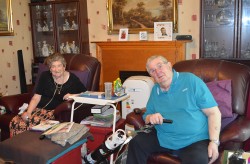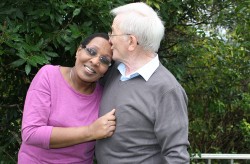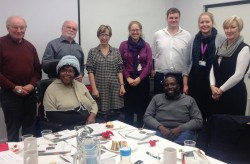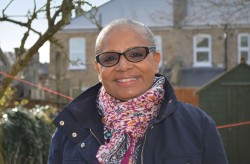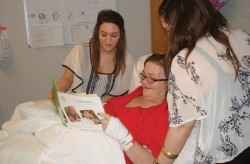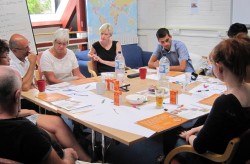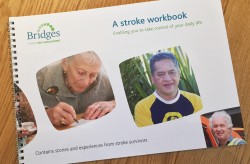Bridges research and development projects
Bridges in acute major trauma
Can self-management support be integrated into the acute major trauma setting? A project funded by the therapies department at St George’s Hospital NHS Foundation Trust, London
Can self-management support be integrated into the acute major trauma setting? A project funded by the therapies department at St George’s Hospital NHS Foundation Trust, London
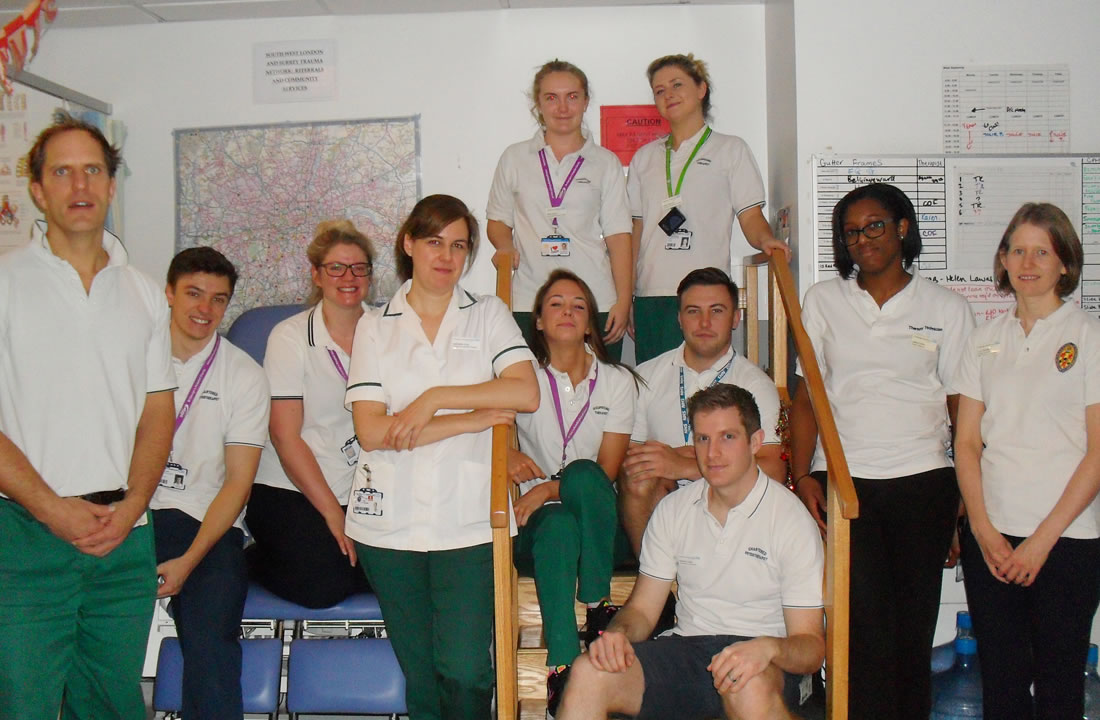
The aim of this project was to evaluate the adaptation and implementation of the Bridges self-management approach for the acute major trauma setting. Rehabilitation practitioners (Psychology, Physiotherapy, Occupational Therapy, Dietetics, Speech and Language Therapy and therapy technicians) working across four major trauma wards actively contributed to adapting and evaluating Bridges for this setting. This work builds on and compliments our project in traumatic brain injury.
The project comprised several stages, informed by Normalisation Process Therapy and 'plan, do, study, act' change management cycles. Initially Bridges worked closely with the practitioners to learn about the major trauma setting, through work shadowing and meetings, and used this information to modify evaluation tools and tailor the training content. Practitioners attended bespoke three-part training over ten weeks to develop a shared understanding of self-management support in acute major trauma. Data were collected over five months.
There was a change in practitioners knowledge, attitudes and beliefs to align with self-management principles. The bespoke training was rated highly (good or excellent) by 100% of practitioners. Through written case reflection forms, practitioners described scenarios in which self-management was applied successfully to a range of clinical presentations and scenarios, including patients with complex physical injuries, complex social situations, psychological diagnoses and the intensive care setting.
We found that it is feasible to integrate a self-management approach in an acute major trauma setting. We plan to build on this project in two ways: to extend the training to the whole major trauma workforce and coproduce a new self-management tool (workbook) adapted to the needs of people with multiple injuries.

